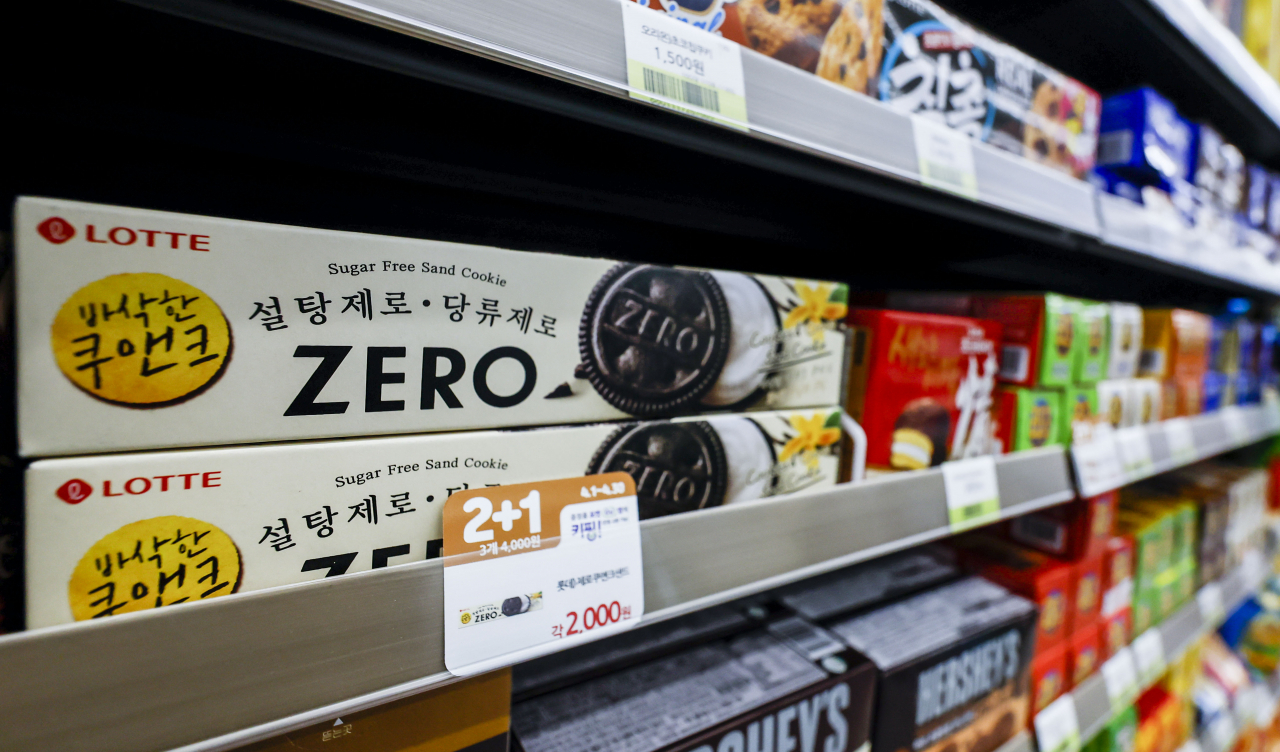
The use of "zero" labeling for sugar-free beverages and foods in Korea has sparked controversy due to concerns that consumers may overconsume these products, believing they have no negative impact on health. This trend has been driven by a growing demand for healthier sugar-free snacks, which use artificial sweeteners to provide a similar taste to regular sugar but with fewer calories and a reduced impact on blood sugar levels. However, there have been reports of health issues related to the overconsumption of these artificial sweeteners, leading to public concerns and warnings from companies like Compose Coffee about the potential side effects. Furthermore, there is a debate about the accuracy of marketing these products as "zero" sugar, as some artificial sweeteners, such as maltitol, can still lead to an increase in blood sugar levels. This has raised concerns about potential health risks, especially for diabetic patients who need to carefully manage their blood sugar levels. While the products technically meet the criteria for being labeled as "no sugar" according to Korean food regulations, there are ongoing discussions about the potential deceptive nature of the marketing and the need for more transparent labeling and information for consumers. Would you like to know anything else?
